Every member has a story.
Real Members. Real stories. Real interesting. Read our Members' real OnStar experiences and share yours!
Every member has a story.
Real Members. Real stories. Real interesting. Read our Members' real OnStar experiences and share yours!

OnStar stories — they reveal why we do what we do. And why you’ll be glad we’re always with you.
There are as many OnStar stories as there are OnStar Members — from Good Samaritans saving the day for others to OnStar making their drive better to simple testimonials and so much more. We love these stories, and we’re proud to share them.
Featured stories
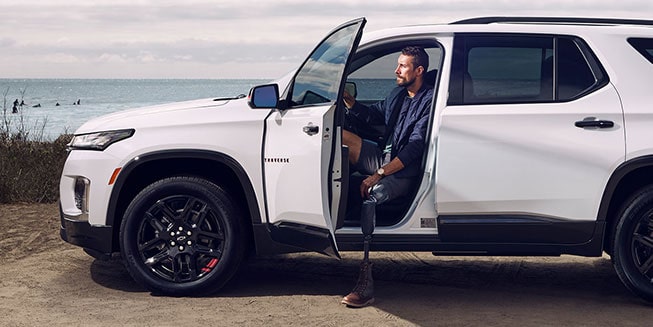
Improving the drive for everyone
Today’s vehicles are loaded with amazing technology. What’s even more amazing is how these features help improve accessibility for all drivers.
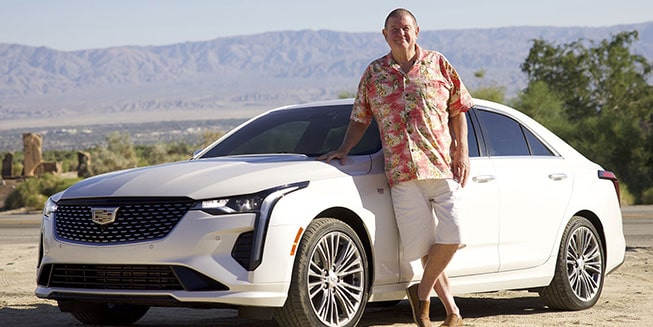
Taking the long and entertaining road
Rusty Austin wanted adaptive cruise control to make his road trips easier. He got something better.
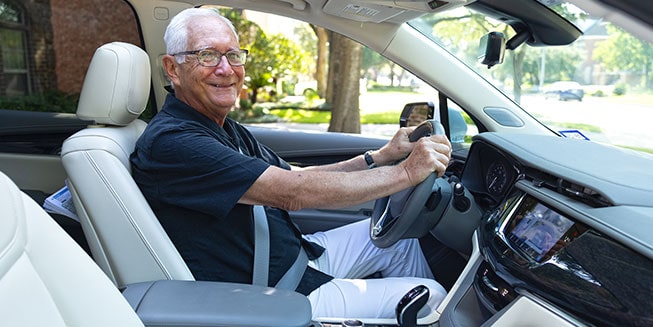
Super Cruise Super Fan
Wayne Stoeber bought a Cadillac so he could have Super Cruise technology, but he’s been an OnStar fan for years.
Featured stories

Improving the drive for everyone
Today’s vehicles are loaded with amazing technology. What’s even more amazing is how these features help improve accessibility for all drivers.

Taking the long and entertaining road
Rusty Austin wanted adaptive cruise control to make his road trips easier. He got something better.

Super Cruise Super Fan
Wayne Stoeber bought a Cadillac so he could have Super Cruise technology, but he’s been an OnStar fan for years.
More stories
From people, to travel, to how-tos, safety and more, you’ll find stories of all kinds here.
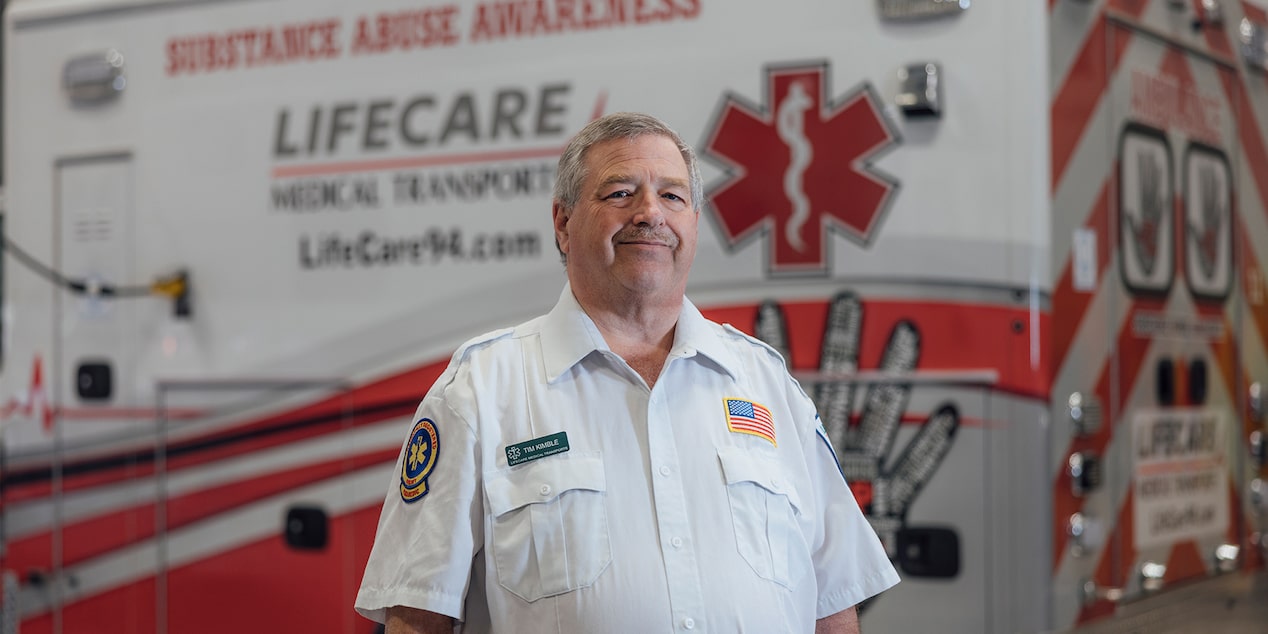
Automatic Crash Response even helps First Responders.
Timothy Kimble worked in public safety for years, and he saw his share of crashes. But OnStar’s quick response really hit home when he was in a crash.

Want to simplify your day? A connected vehicle does the trick.
Explore a day with a vehicle that has all the connectivity you need for all you do.
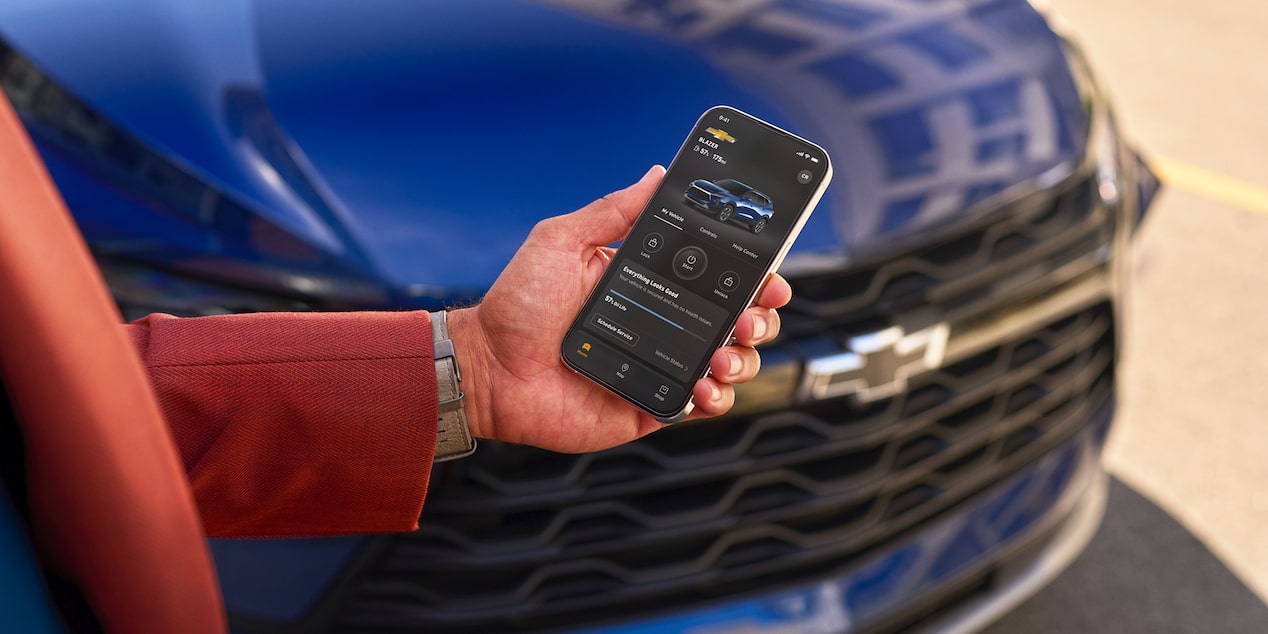
The evolution of OnStar.
A lot has happened since the birth of OnStar, and our response to air bag deployments was just the beginning.
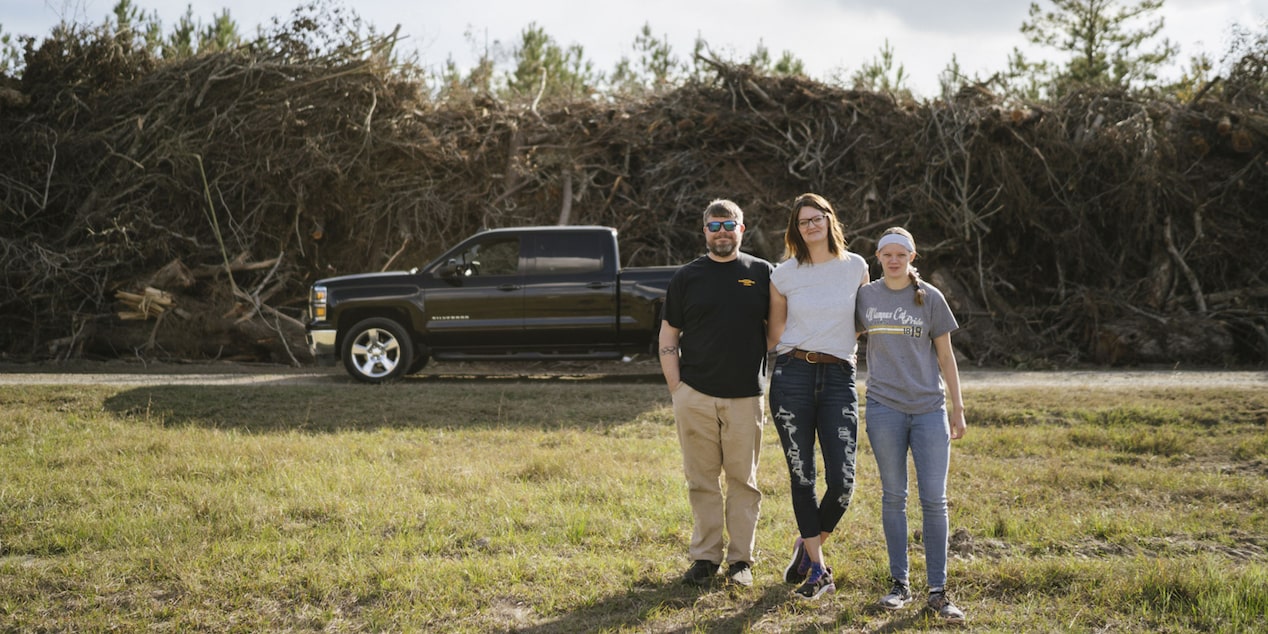
Forecasters said the hurricane would be unsurvivable.
Chrissa Gross and her family packed their belongings and connected with OnStar to help them get to safety and stay safe.

Get help — in or out of your vehicle.
With access to OnStar services, you and your family car can get assistance, wherever your adventure takes you.

Experience the ultimate stargazing adventure.
It’s all thanks to — who else? OnStar, of course. Here’s how to get the most from your visit to an International Dark Sky Place.
More stories
From people, to travel, to how-tos, safety and more, you’ll find stories of all kinds here.

Automatic Crash Response even helps First Responders.
Timothy Kimble worked in public safety for years, and he saw his share of crashes. But OnStar’s quick response really hit home when he was in a crash.

Want to simplify your day? A connected vehicle does the trick.
Explore a day with a vehicle that has all the connectivity you need for all you do.

The evolution of OnStar.
A lot has happened since the birth of OnStar, and our response to air bag deployments was just the beginning.

Forecasters said the hurricane would be unsurvivable.
Chrissa Gross and her family packed their belongings and connected with OnStar to help them get to safety and stay safe.

Get help — in or out of your vehicle.
With access to OnStar services, you and your family car can get assistance, wherever your adventure takes you.

Experience the ultimate stargazing adventure.
It’s all thanks to — who else? OnStar, of course. Here’s how to get the most from your visit to an International Dark Sky Place.

OnStar Good Samaritans make a difference
OnStar Member Janine Oblak saw a potential crisis. She was fine, but others could get hurt. So she pushed her OnStar button and became an OnStar Good Samaritan.
We’ve all got stories. What’s yours?


